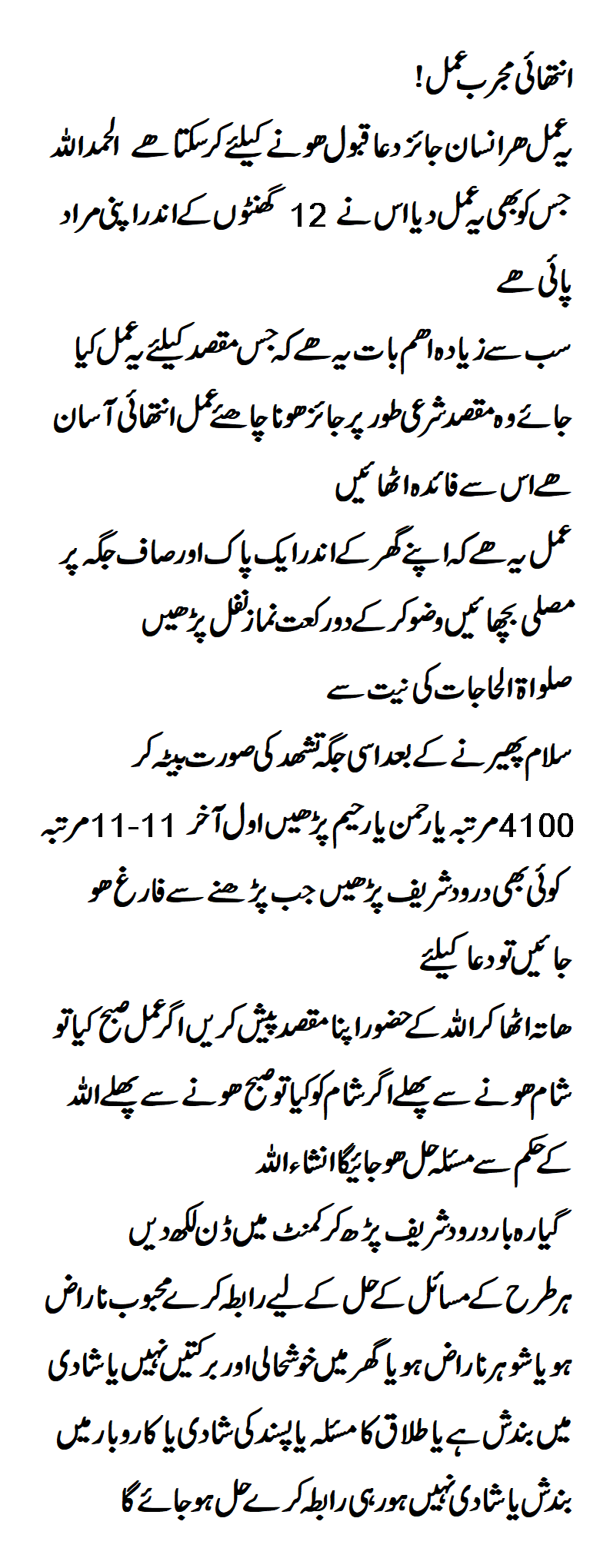Salat or Salah (prayer) is the most crucial commandment in Islam, performed five times a day, individually and collectively. It is the second pillar of Islam. Yet, it is the pillar of the pillars of Islam. The entire edifice of Islam rests on it. Prophet Muhammad (pbuh) said that between a person and polytheism (shirk) and non-belief (kufr) stand abandoning salat (Sahih Muslim).
Indeed, no Islam without salat; no Muslims and Islamic identity, and no hope for a better future, without it; and, of course, no salvation on the Day of Reckoning without it.
The Prophet (pbuh) said that the first deed for which every person will be held accountable on the Day of Judgment would be his salat. “If it is good and in order, then he will have prospered and succeeded. But if it is bad or lacking, then he will be doomed and will have failed” (Jami’ al-Tirmidhi).
When the Qur’an speaks in surah al-Mu’minun about the true believers, it presents their underlying characteristics in such a way that they begin with salat (“those who humble themselves in their salat”, al-Mu’minun, 2) and ends with it (“and those who strictly guard their salat”, al-Mu’minun, 9). Only such people will be successful and will inherit Jannah (Paradise) (al-Mu’minun, 1
